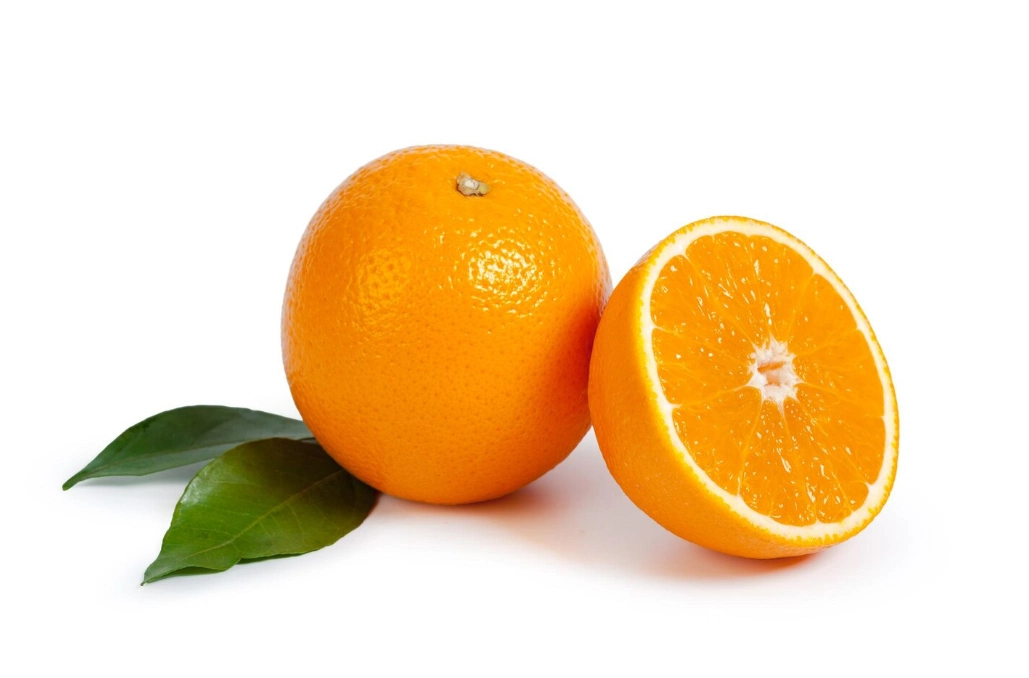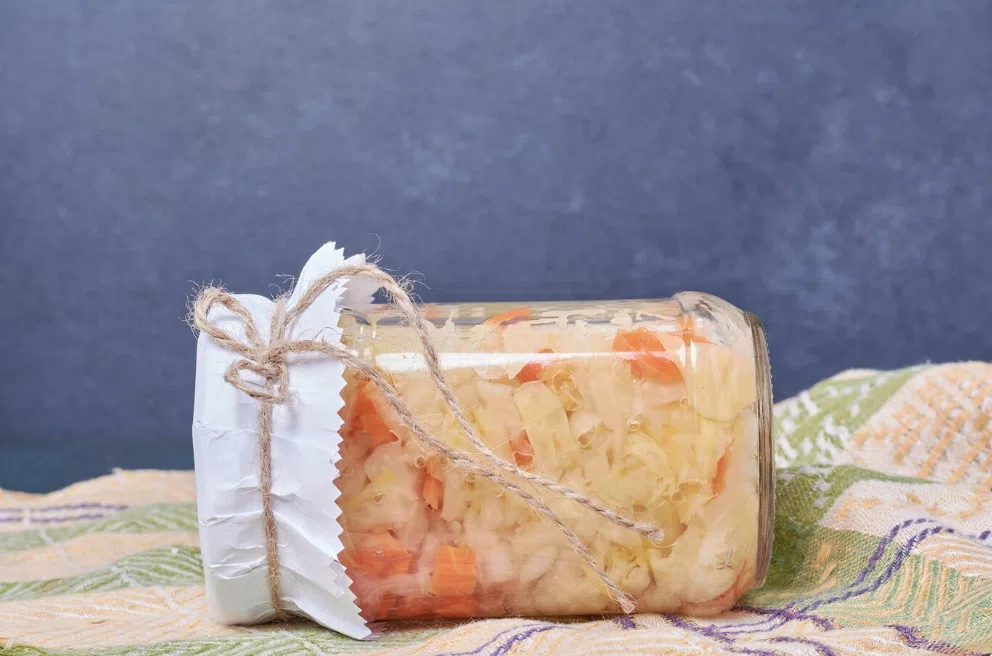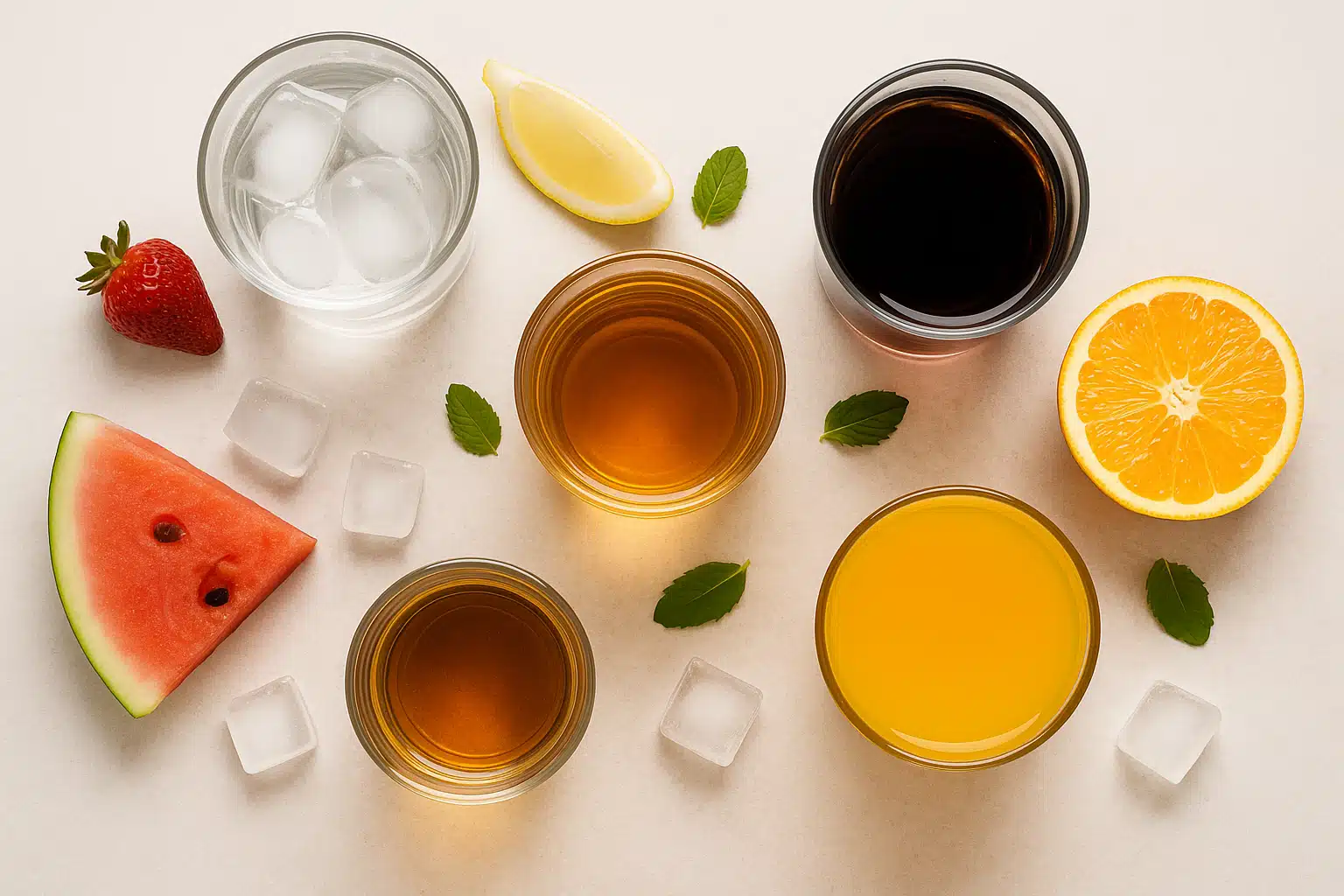🍊 How Acidic Are Oranges for Teeth?

Oranges are most widely known for their nice, refreshing and succulent taste and for the great vitamin C that they have, being one of the essential products in many households’ fridges. However, besides numerous nutrients that are beneficial for our healthy bodies, oranges are naturally acidic fruits that, if consumed frequently or in the form of juice, can lead to the destruction of the enamel of the teeth.
In this article, we are going to see how the oranges affect you and also go through how to eat them safely. Even though their vitamins are beneficial to the body, the citric acid in oranges can corrode your tooth enamel. Without the knowledge that the substances are being taken in regularly, it is able to, in a silent way, take your teetThe main topics of the article will be the components in citrus marinades, their influence on your enamel, and ways to keep the enamel of the teeth safe while satisfying the taste buds.
Some of the ingredients in the acidic range are lemon and vinegar. Although the acids in these ingredients are not so many, their impact on the enamel cannot be underestimated.
- Lemon and lime – As a rule of thumb, the pH levels here are between 2.0 and 2.5.
- Vinegar – It is frequently combined with citrus to cause the taste to become stronger.
- Garlic, mustard, or herbs – Might still be here, with less acidity compared to juice.
Acids play a major role in digesting proteins found in the food you consume; however, they can produce an effect of dissolution on tooth enamel too, when only the direct contact with the mouth is concerned.
🦷 How Oranges Affect Your Teeth
- Enamel Erosion – The acid directly interacts with the inorganic matter, slowly disintegrating the protective enamel due to the acid attack.
- Tooth Sensitivity – Disappearance of the enamel layer due to erosion can cause sensitivity when you consume food or drink.
- Dry Mouth – Acid, along with salt from the marinade, can be one of the main reasons in terms of the reduction of saliva production in the body.
- Increased Risk of Cavities – The acid, which is a result of oral bacteria eating sugars from food, dissolves the tooth’s minerals to the acids in saliva, making the tooth decay.
🍊 Tips to Minimize Damage from Oranges
- Consume marinated dishes only as a part of a meal, rather than eating a whole dish alone.
- Drink water after the meal to wash away remaining acids in your mouth.
- Avoid taking too long sips of the remaining juices or sauces from acidic foods.
- Waiting at least 30 minutes before brushing will not harm the soft enamel layer.
- Along with acidic food, it is better to eat non-acidic foods such as leafy vegetables or cheese. You may like to know more about Green Superfoods.
🍊 Final Thoughts from Lema Dental Clinic on Oranges
Citrus marinades can bring delicious complexity to your meals but when it comes to your teeth, moderation and timing are the key. Oranges and other citrus fruits possess high acidity that does wonders for your food but they can be too harsh on your protective enamel, which is vital for maintaining the strength and health of your teeth.
However, through smart and proper habits like tart or salty tooth cleansing solutions after meals and pairing these sour citrus bites with some alkaline foods such as bananas or unflavored cheese, it becomes possible to eat these tasty dishes without putting your teeth at risk. Let’s relish the tangy flavor of oranges, consult with your dentist for guidance on how to consume only some of the most juicy citrus fruits while keeping your smile exceptionally healthy and bright all the time.




